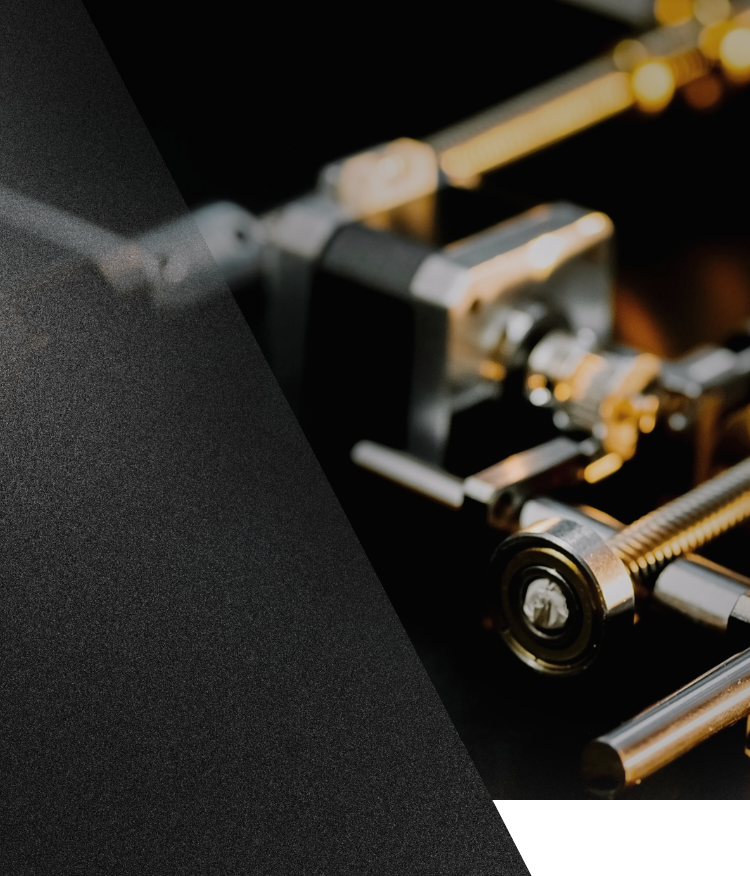Enhanced Mechanical Properties
By optimizing powder and sintering processes, medical components with excellent strength, wear resistance, and corrosion resistance can be achieved.
Good Surface Finish
Components with a good surface finish can be produced, which is crucial for reducing friction and improving biocompatibility.
High Material Utilization
Minimal waste: Compared with traditional machining, powder metallurgy is a near-net or net shape process that minimizes material waste.


A Key Role in the Medical Field
In summary, powder metallurgy plays an increasingly important role in the medical field. It enables the production of medical components with complex shapes, high precision, and outstanding performance using various materials, providing strong support for the advancement of medical technology.

